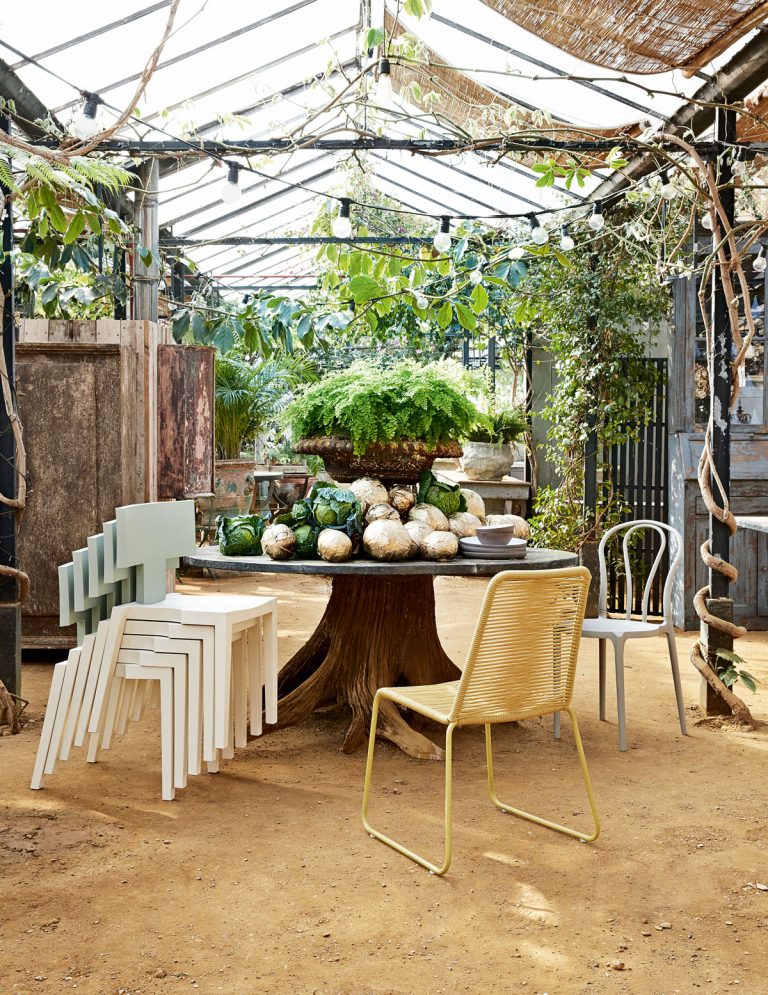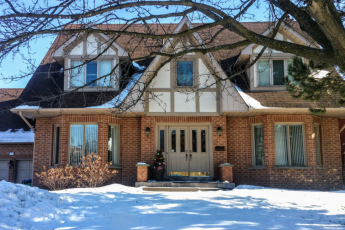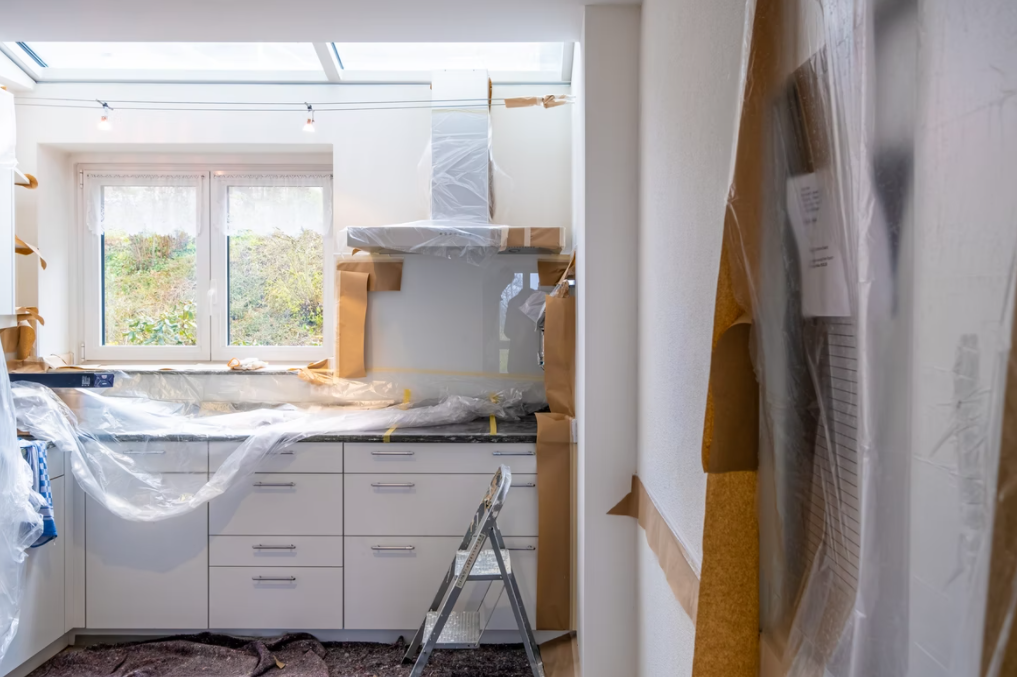What Are the Benefits of Commercial Louvers?
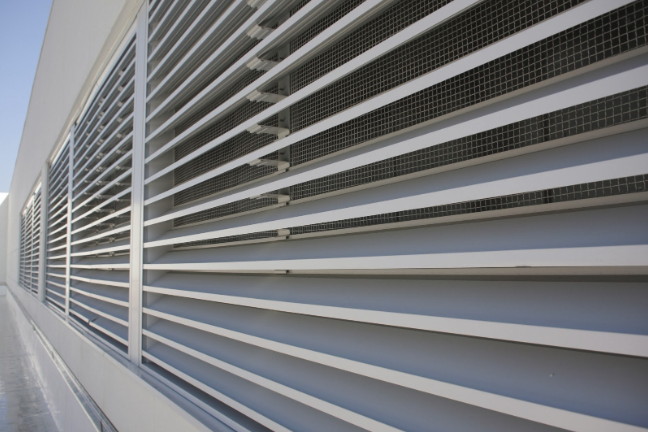
What are commercial louvers? Keep reading to find out!

Indeed, there is always much to contemplate when it comes to the construction and management of commercial buildings – starting with their stability and ending with their energy performance. Of these factors, the commercial louvers have been noted to be useful in the improvement of both the performance and the appearance of a building.
These are small but one of the essential parts of a building that can significantly improve or hinder the building’s overall outlook depending on the quality. You can find out more here.
Let’s find out the benefits associated with commercial louvers and why they are such a crucial part of architecture today.
Improved Ventilation and Airflow
The first advantage of commercial louvers is that they help in the provision of adequate and proper ventilation for a building.
It’s important to know that louvers are essentially supposed to permit air circulation while preventing intrusion by other substances such as rain, dust or any other pests. This natural ventilation is essential for regulating indoor climate, particularly in expansive commercial structures where mechanical ventilation may be insufficient or energetically costly.
Thereby, louvers enable fresh air to enter and control the temperature, humidity and expulsion of stuffy air in the interior of the building. This not only enhances the comfort of occupants but also contributes to better indoor air quality, which is essential for health and well-being.
Energy Efficiency
As the society becomes increasingly aware of the environment, energy usage in commercial buildings is a crucial concern. They help cut down on energy consumption in a building by moderating the flow of fresh air thereby sparing artificial systems such as fans and air conditioners.
Because louvers are used to facilitate natural ventilation, a large number of buildings would have less dependence on heating, ventilation, and air conditioning, thus lowering energy bills and greenhouse gas emissions.
In addition, louvers are used in controlling direct sun light from penetrating into the building so that the interior cannot be subjected to high temperatures. This passive cooling effect assists to regulate the indoor temperature better thereby minimizing the use of air conditioning while increasing the building’s energy efficiency. Check out this page for more relevant info.
Protection from the Elements
Commercial louvers play a crucial role of offering a weather proof solution to issues such as rain, wind and sometimes even snow. Louvers have blades which are angled in a way that allows air to pass through but not water into the building. This is crucial in preventing condensation and moisture from penetrating areas of human activity particularly sensitive ones such as mechanical rooms, air ducts and electrical systems among others.
Besides excluding rain, louvers can also shield the structure from hail and flying particles, and the overall forces of strong winds. This added layer of protection assists in the preservation of the façade of the building as well as avoiding expensive damages.
Enhanced Aesthetic Appeal
Apart from the practical use, commercial louvers are also used for aesthetic value in buildings. Louvers come in a variety of styles, materials of construction, and finishes and can be adapted to blend with any architectural design. When it comes to the design and appearance, louvers are very flexible and can suit any style from contemporary to classic.
It’s good to know that louvers can be integrated seamlessly into the building’s façade, creating a visually pleasing design element that enhances the overall look of the structure. In addition to their standalone appeal, louvers can also be used to conceal unsightly elements, such as mechanical equipment or service areas, without compromising on airflow or accessibility.
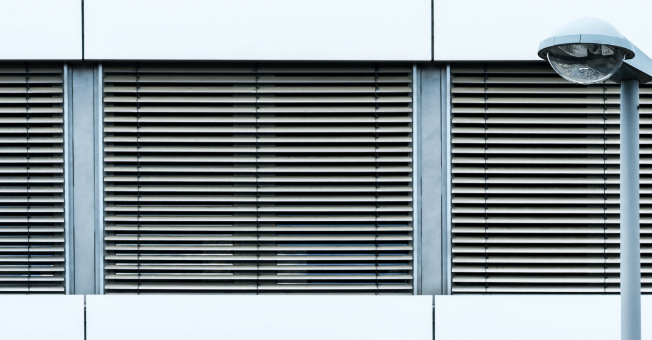
Noise Reduction
In urban environments, noise pollution is a common challenge for commercial buildings. Louvers can help mitigate this issue by acting as a barrier against external noise. Certain types of louvers are specifically designed to provide acoustic insulation, reducing the amount of sound that enters the building from the outside.
By minimizing noise pollution, louvers contribute to a more peaceful and productive indoor environment, which is particularly beneficial in settings like offices, hospitals, and educational institutions. How amazing is that?
Customizable Solutions
One of the great advantages of louvers for commercial use is their versatility and customizability. Louvers can be designed to meet the specific needs of your building, whether you require fixed or operable louvers, large-scale installations, or intricate designs. They can also be manufactured from a variety of materials, including aluminum, steel, and fiberglass, each offering different levels of durability, maintenance, and aesthetic appeal.
You should also know that this flexibility allows architects and builders to select the perfect louver solution for their project, ensuring that the louvers meet both functional and aesthetic requirements. Additionally, louvers can be powder-coated or painted in a range of colors to match the building’s exterior, further enhancing the design possibilities.


